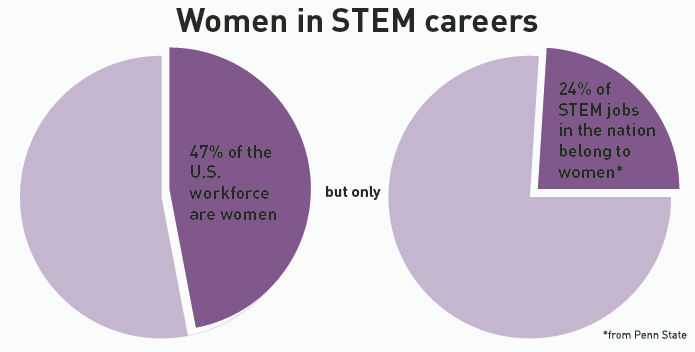Connerly: America should strive for ‘one nation indivisible’
October 29, 1998
The elimination of quotas and affirmative action will establish the principle of “genuine equality for all people,” Ward Connerly, an activist against racial preferences, said in a speech Tuesday evening.
“It comes down to whether identity should play a role in whether we are admitted into a university, awarded a contract or hired for a job,” Connerly said.
Nearly 400 people gathered in the Sun Room of the Memorial Union to hear Connerly’s speech, titled “The Failure of Racial Preferences.”
Connerly, who is African-American, believes that society needs to “rid [itself] of discrimination” by not giving “different standards” to people based on gender, race, ethnic background and sexual identity.
Connerly gained national recognition through his position as chairman of the California Civil Rights Initiative (CCRI) and his campaign supporting Proposition 209 in the California school district.
Proposition 209 states there shall be no discrimination against or any preferential treatment given to any individual or group on the basis of race, sex, color, ethnicity or national origin in the operation of public employment, public education or public contract.
“I don’t favor eliminating affirmative action cold turkey,” Connerly said.
“You will find no reference to affirmative action in [Proposition 209],” Connerly said. “It wasn’t because we wanted to deceive anybody. It’s because we don’t want to end all affirmative action.”
Connerly said the proposition was passed in the state of California with 900,000 votes in 1996.
“Today every poll shows that it would pass by over two million votes,” he said. “This is because we probably recognize that we are one of the most multi-racial, multi-ethnic states on the planet.”
The idea for Proposition 209 evolved from Connerly’s membership on the Board of Regents for the university system in California, which focused on the race-based system present at the universities regarding admission.
Connerly used a metaphor of people standing in line to explain his view of how students as well as employers view affirmative action roles in both education and employment.
“If there are 10 people standing in line, and one person comes in outside that line, all 10 people are going to be irritated and this cannot help but breed resentment,” he said. “That resentment translates, I believe, into a form of racism and furthers the notion that there are ‘those’ and there are ‘us.'”
To relieve these notions, Connerly believes that society must stay away from assigning “negative values” to people who are “Latino, black or speak bad English.”
Connerly also said university administrations must work to make minorities feel comfortable.
“They cluster as a way of protection and [to establish] order in their lives,” he said. “They don’t know very many people, and it is the universities’ responsibility to reach out and welcome these people in.”
Even though he said the past cannot be changed, Connerly said Americans can “affect the future by coming together as one nation.”
“We have a grand and glorious experiment called a democracy where we take people from around the globe … to try and merge into one common national identity that doesn’t lose these [individual] parts,” he said. “[We need to] never lose sight of our goal as one nation indivisible.”
Following the conclusion of Connerly’s speech, the floor was opened to a question-and-answer session. Several audience members spoke out both for and against Connerly’s views on affirmative action.
The session became heated at times, and one person walked out in anger, shouting “Bigot!”
Connerly’s speech was sponsored by the College Republicans, the Young American Foundation and the Committee on Lectures.
















